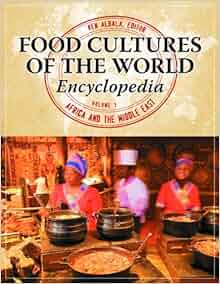


Isn’t it funny how every stray idea eventually finds a good home? I also delivered it in Dublin a few weeks later, and then a publisher contacted me asking if I would like to write a book on aphrodisiacs. Then to revise and update it using my original trove of notes taken 25 years earlier. So I needed to dig through the filing cabinets to find the original paper. I realized that when I wrote that paper I was still learning to type, had just sent my first email, and had still written out everything by hand. I thought, OK, I will just go into my computer and find that paper. What surprise then, when this past spring, two decades after first giving that paper, I was asked to speak in Miami on aphrodisiacs. Alan Davidson, the late author of the Oxford Companion to food, encouraged me many times to write a serious book on aphrodisiacs, but it never came to pass. In jest I have often said it would be a really interesting topic for experiential research. Every now and then I deliver a paper or write an article involving food and medicine, and I still teach a history of medicine course, but I had completely forgotten about the topic of aphrodisiacs. While I always kept an active interest in the history of medicine, my career since then has shifted far more toward culinary history and broader food history. The notes became my dissertation at Columbia University and eventually morphed into my first book Eating Right in the Renaissance (UC Press, 2002). Barry and Bobbi Coller Rare Book Reading Room. I was a permanent fixture in what was then called the Malloch Room, now the Drs. These notes cover about 100 books I read at the Academy between 19, practically every dietary text written in Europe between the mid-15 th and the mid-17 th century. There was no such thing as a laptop then. And when I say a pile of notes, I mean an entire filing cabinet full of handwritten notes taken in pencil and coded with colored crayons. The paper was a way to make use of the pile of notes I had taken at the New York Academy of Medicine just a few years before. In truth, I had intended to fit the topic into my dissertation and it never made it in. Such was a paper I first delivered at a Northern California Renaissance conference in 1995 on aphrodisiacs in medical literature. Albala will present Aphrodisiacs: The Intimate Connection Between Food and Sex in Renaissance Nutritional Theory and lead the workshop “Hands On” Early Modern Cooking at our Eating Through Time Festival on October 17.Īs a scholar sometimes you have ideas that get orphaned that you come back to after many years, very randomly.

He conducted his dissertation research primarily at the New York Academy of Medicine. He is the author or editor of 24 books on food. Ken Albala is Professor of History and Director of Food Studies at the University of the Pacific.


 0 kommentar(er)
0 kommentar(er)
